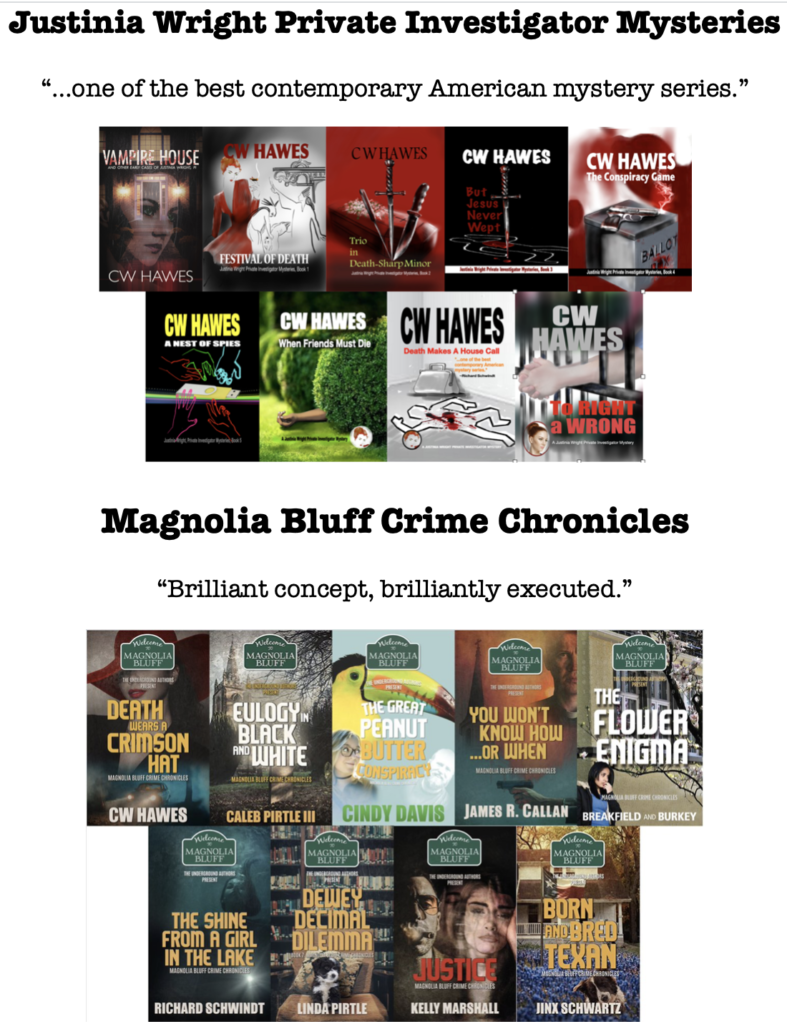My love affair with the sketch goes back many years to my reading of Adventures in Contentment by David Grayson.
At first puzzled by the seeming lack of direction the author took in his book, I suddenly realized the “novel” I was reading was, in fact, a collection of vignettes, or sketches, and each one produced a mood of contentment.
I was enthralled with the skill of the author in making each chapter a chance for us to become satisfied with life.
From the Adventures, I went on to discover other writers of sketches: such as Washington Irving, Nathaniel Hawthorne, and Anthony Trollope.
A sketch is at base a mood evoking descriptive piece of writing.
Perhaps we can think of it as the verbal equivalent of the musical tone poem. Or as a painting in words.
One of the best discussions of the form I’ve found is in a blog post from 2007 on the Siris blog, simply entitled “Literary Sketch”. Do check it out.
[NB: The link to the Hawthorne sketch is broken. Here is a link to “A Night Scene”: https://www.ibiblio.org/eldritch/nh/ans.html — and don’t miss the link in the word “This” in the Siris blog post.]
The sketch is a literary form that has no plot to it, although there may be movement in the piece. Through the description of the scene, a mood is evoked and that is its strength: to use the power of words to evoke feeling and to perhaps stir us to our very core.
There is a Japanese literary form developed by Basho called haibun, a linking form of prose and haiku, which is very similar to the sketch.
Basho composed his travel journals in haibun, as well as writing stand alone atmospheric pieces and essays in the form. I love haibun. It is a brilliant dance of prose and poetry.
Sketches were very popular in the 1800s. They were like a photograph, as it were, that let the reader participate in a scene or an activity.
Writers, if you haven’t tried your hand at the sketch I encourage you to do so. They make excellent blogposts. Short, emotive pieces that will leave your readers happy, sad, motivated — however you want them to feel. And it that feeling is the power of the writing. Perhaps more powerful than if you just dumped a bunch of facts or opinions on them.
Readers, sketches are great for our busy lives. They are usually short. They can be read quickly and will leave you with a verbal picture of someplace you’ve never been and you get to share the feelings of the author.
If you haven’t tried the sketch, either writing one or reading one, I encourage you to do so. A well written sketch is prose poetry at its finest.
Comments are always welcome! And until next time, happy reading!
 CW Hawes is a playwright; award-winning poet; and a fictioneer, with a bestselling novel. He’s also an armchair philosopher, political theorist, social commentator, and traveler. He loves a good cup of tea and agrees that everything’s better with pizza.
CW Hawes is a playwright; award-winning poet; and a fictioneer, with a bestselling novel. He’s also an armchair philosopher, political theorist, social commentator, and traveler. He loves a good cup of tea and agrees that everything’s better with pizza.
If you enjoyed this post, please consider buying me a cup of tea. Thanks! PayPal.me/CWHawes
Justinia Wright Private Investigator Mysteries on Amazon!
Magnolia Bluff Crime Chronicles on Amazon!
Share This!
Thank you for this enlightening piece. Though I’ve read a number of them, most all about famous people, and even heard them called “sketches,” I had no idea this was a genre with its own name. The article on the Siris blog is informative and entertaining, but unfortunately, his link to the example he puts forward is broken. Still, he makes his point.
I think I may have written one of these in that quick piece about the storm chasers I shared with you. Perhaps I should add it to my dark Vella collection. I don’t know, I’ll think upon it, but you’ve given me a few things to chew on here; I’d best go find my dentures!
You’re welcome! The sketch is a fun form to work in. I haven’t written many. Kind of have to be in the mood. Can’t force them. But a good sketch is like listening to a tone poem, or viewing a painting. It’s emotive, not cerebral.
Play around with the sketch. Certainly can’t hurt!